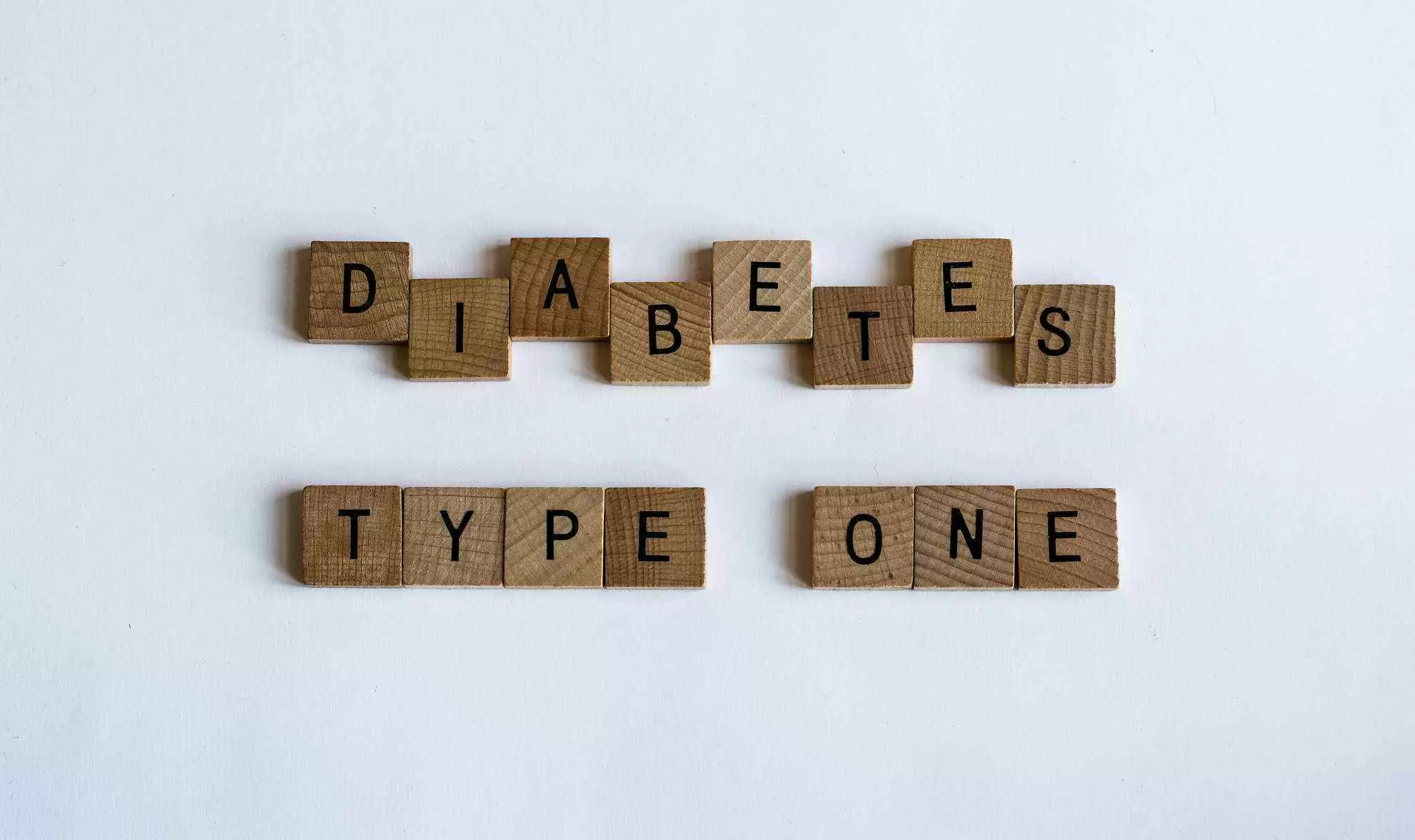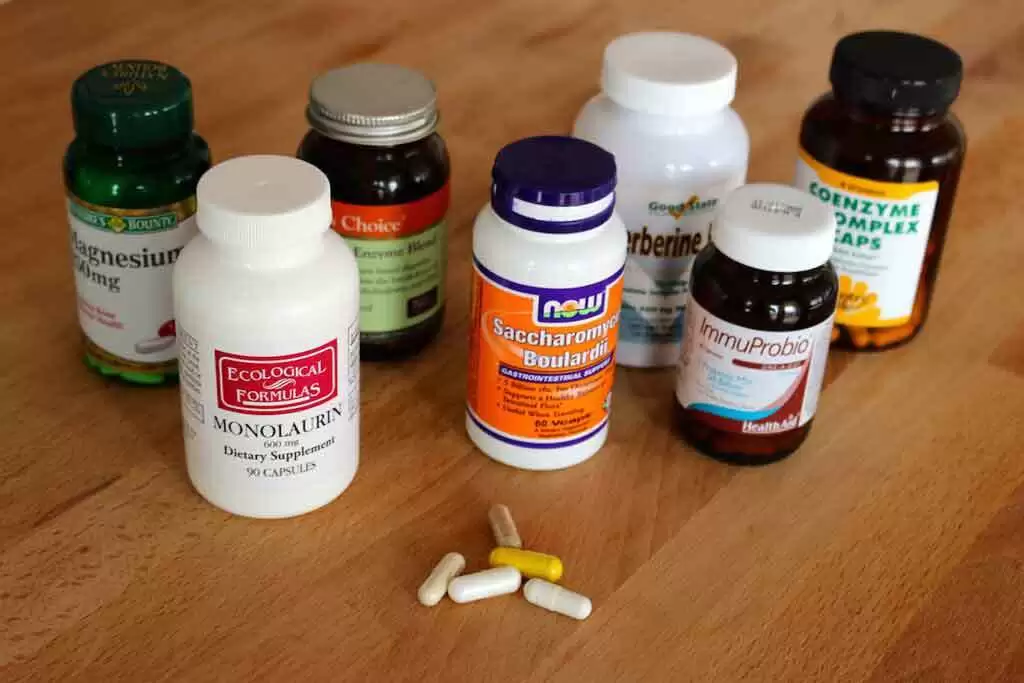
Celiac.com 10/28/2020 - Eating that Thanksgiving turkey and taking probiotics may promote gut healing and improve gluten-free diet response in people with celiac disease.
A research team at Canada's McMaster University has found that tryptophan, an amino acid found in high concentrations in turkey meat, along with some probiotics, may help celiacs heal faster, and respond better to a gluten-free diet.
Celiac.com Sponsor (A12):
The researchers included Bruno Lamas, Leticia Hernandez-Galan, Heather J. Galipeau, Marco Constante, Alexandra Clarizio, Jennifer Jury, Natalia M. Breyner, Alberto Caminero, Gaston Rueda, Christina L. Hayes, Justin L. McCarville, Miriam Bermudez Brito, Julien Planchais, Nathalie Rolhion, Joseph A. Murray, Philippe Langella, Linda M. P. Loonen, Jerry M. Wells, Premysl Bercik, Harry Sokol, and Elena F. Verdu.
For their study, the team set out to see if the breakdown of tryptophan by gut bacteria was different in celiac disease, and whether this difference could be targeted as a potential therapy. The team studied three groups: patients with active celiac disease, patients two years after a gluten-free diet, and healthy people.
Their findings suggest targeting tryptophan metabolism in the guts of people with celiac disease might help to control symptoms and accelerate intestinal healing.
"The only treatment for celiac disease is a strict adherence to a gluten-free diet, which is difficult to follow, and doesn't always lead to complete recovery of the gut or symptom resolution," says Elena Verdu, lead researcher of the study and a professor of medicine at McMaster's Farncombe Family Digestive Health Research Institute. She also holds the Canada Research Chair in Nutrition, Inflammation and Microbiota.
Tryptophan is an essential amino acid that is necessary for numerous functions within the body, but which cannot be produced by the body, and instead must be consumed via foods like poultry, chocolate, bananas, and cruciferous vegetables, like broccoli, cabbage and cauliflower. Once consumed, tryptophan is broken down by gut bacteria to produce bioactive molecules (called "metabolites") that interact with receptors in the gut lining that control inflammation. One of these receptors is the aryl hydrocarbon receptor, or AhR, and suboptimal activation of this receptor has been implicated in chronic intestinal inflammation, including inflammatory bowel diseases such as ulcerative colitis and Crohn's disease.
Celiacs showed evidence of reduced bacterial metabolism of tryptophan, and their gut microbiota did not appropriately stimulate the AhR pathway, which controls inflammation and protects the gut barrier. These changes improved a bit in patients after two years of a gluten-free diet. Using mice that express the genes for celiac disease, the authors showed that two strains of lactobacilli, bacteria known to breakdown tryptophan, activated AhR and reduced gluten-triggered inflammation.
The study findings highlight the potential therapeutic value of targeting tryptophan metabolism in the gut in celiac disease to better control symptoms.
Hopefully, we will get studies that look into therapeutic strategies, such as tryptophan supplementation in combination with specific probiotics, that produce AhR ligands from the diet, in celiac patients who do not respond to the gluten-free diet.
Read more in Science Translational Medicine
The researchers are variously affiliated with the Farncombe Family Digestive Health Research Institute, Department of Medicine, McMaster University, Hamilton, Ontario, Canada; the Université Paris-Saclay, INRAE, AgroParisTech, Micalis Institute, Jouy-en-Josas, France; the Sorbonne Université, Inserm, Centre de Recherche Saint-Antoine, CRSA, AP-HP, Hospital Saint Antoine, Service de Gastroenterologie, Paris, France; the Division of Gastroenterology and Hepatology, Department of Immunology, Mayo Clinic College of Medicine, Rochester, MN, USA; and the Host-Microbe Interactomics, Animal Sciences Group, Wageningen University, Wageningen, Netherlands.



.webp.f432b8e9af09a8321d00fac15e2b0168.webp)





Recommended Comments
Create an account or sign in to comment
You need to be a member in order to leave a comment
Create an account
Sign up for a new account in our community. It's easy!
Register a new accountSign in
Already have an account? Sign in here.
Sign In Now